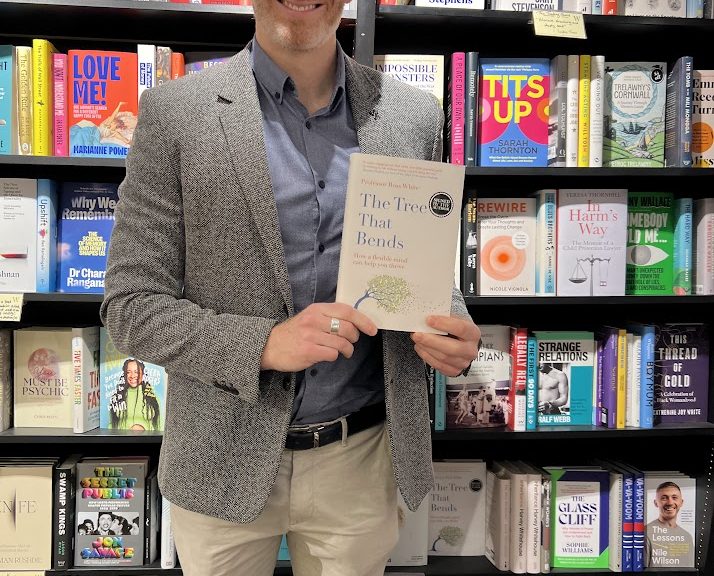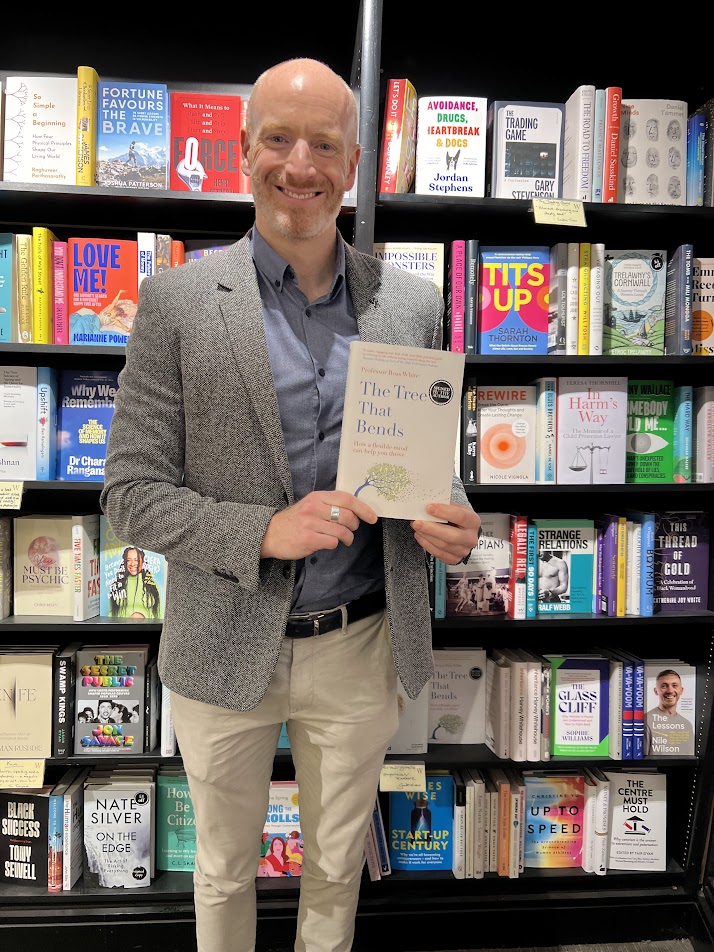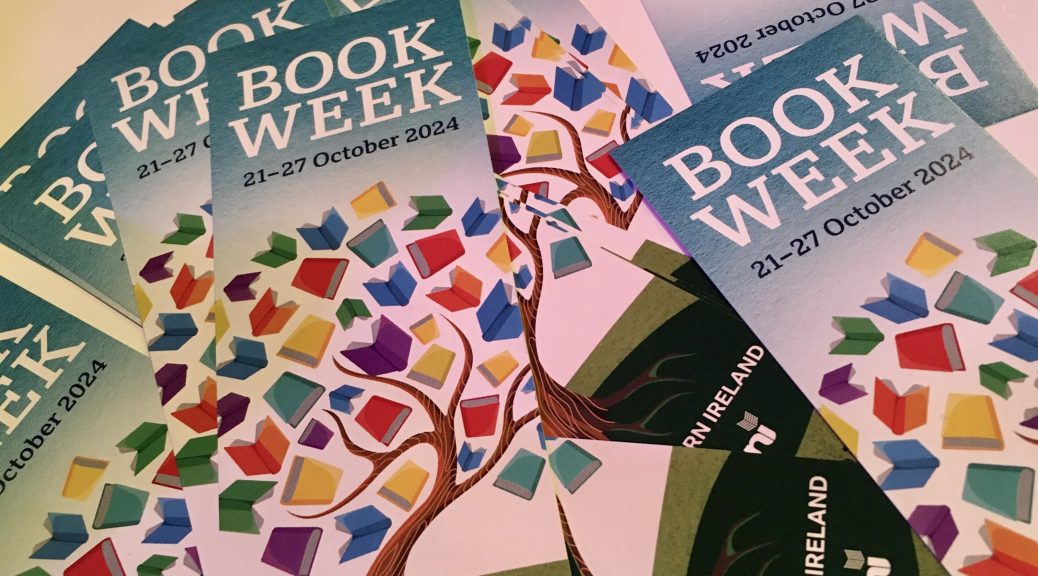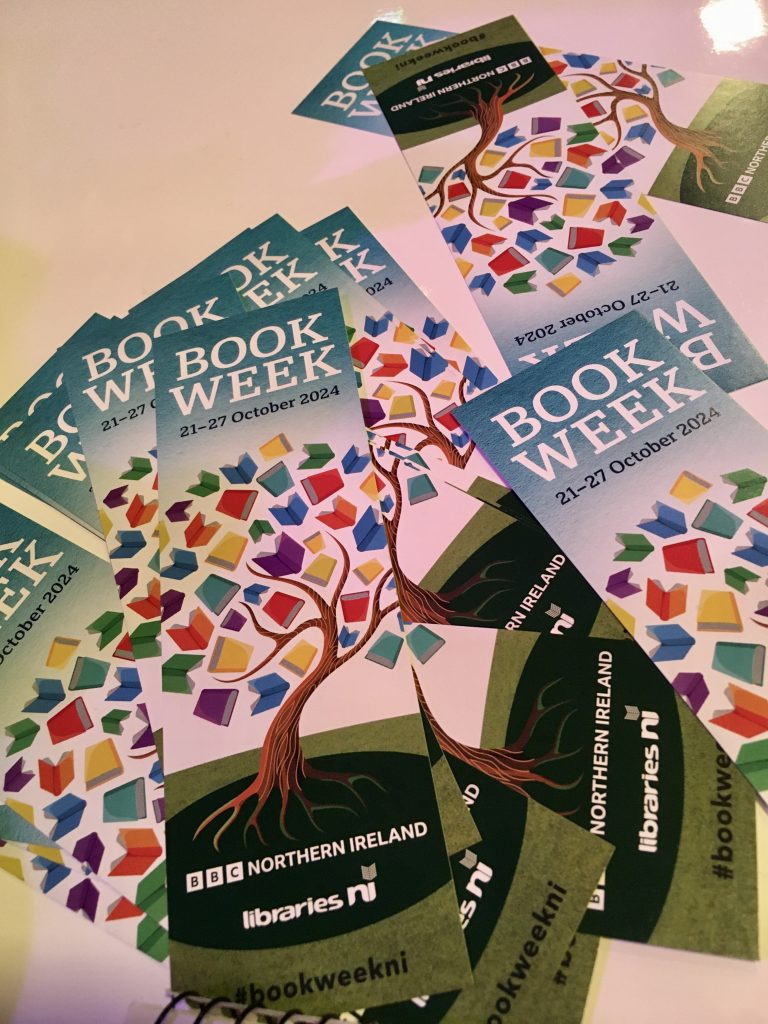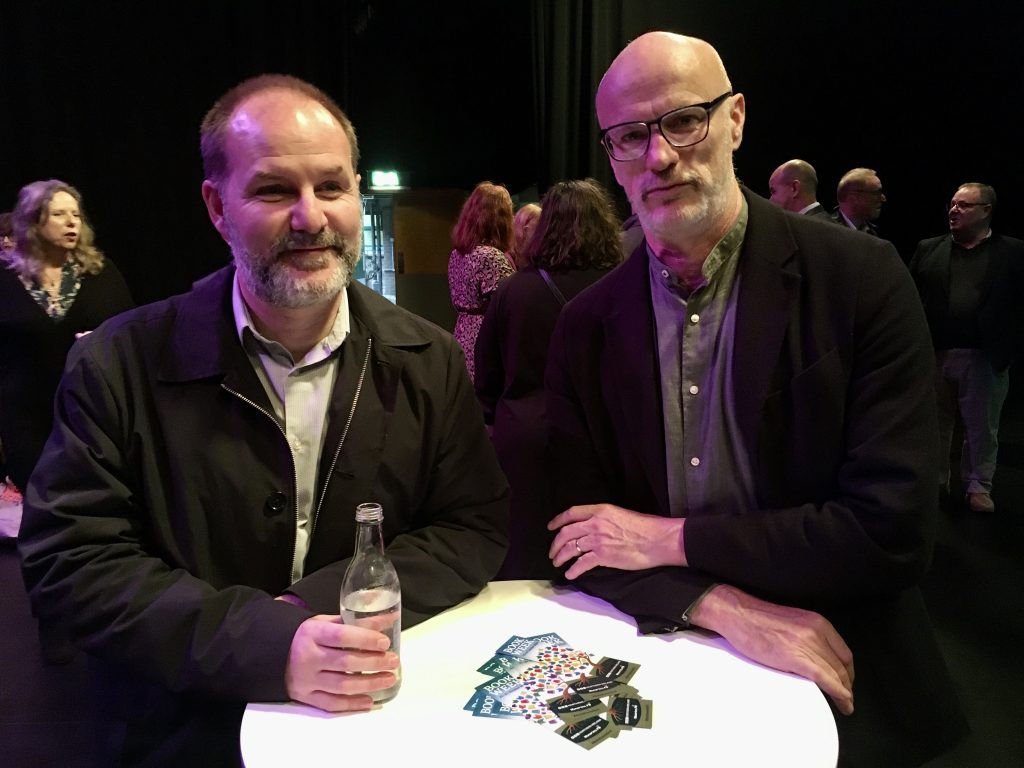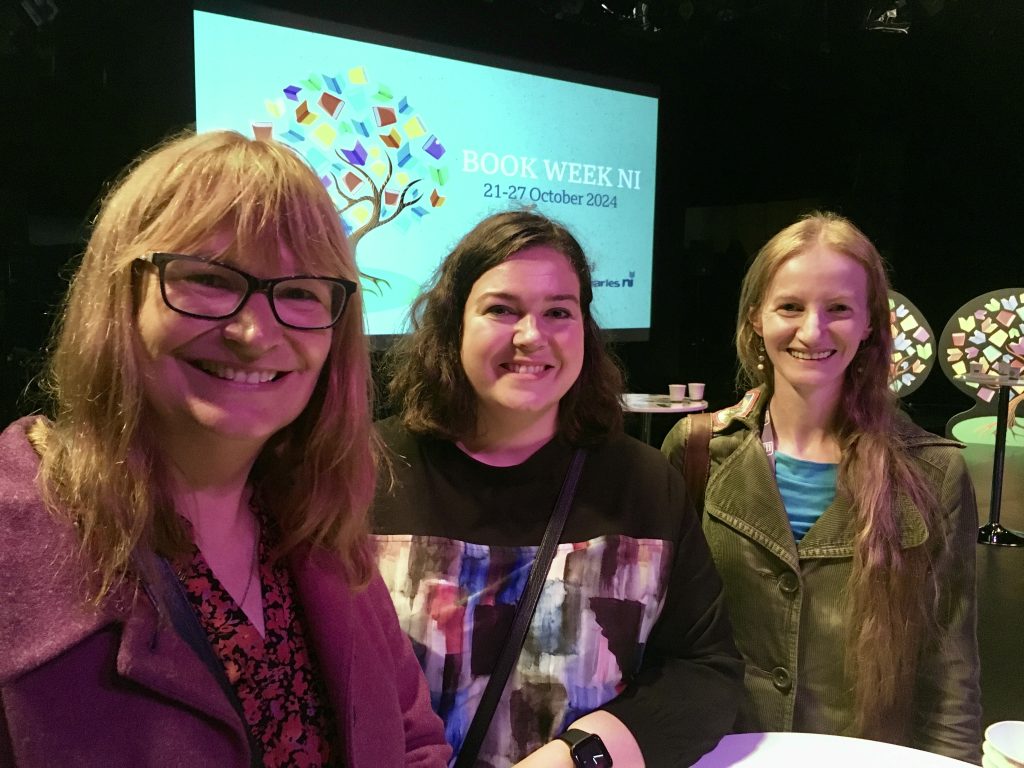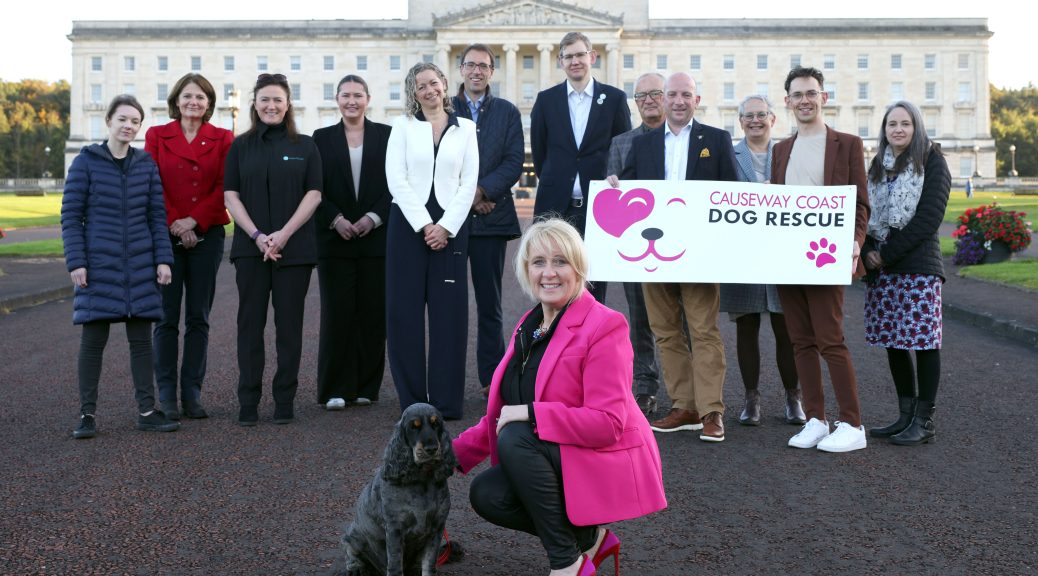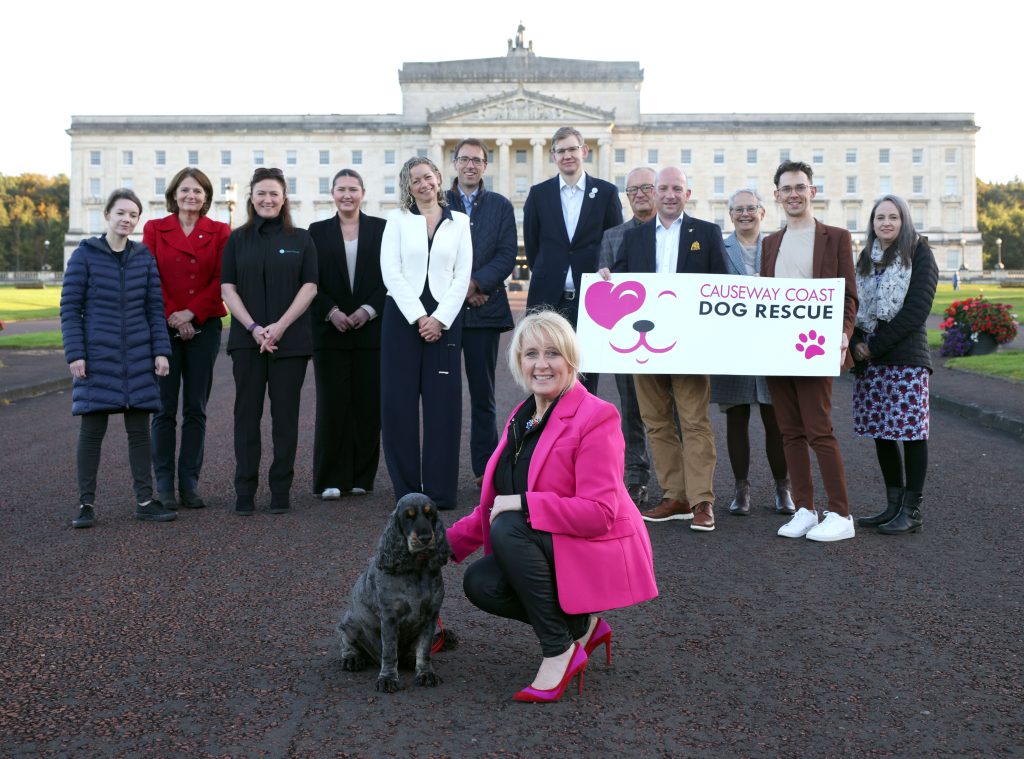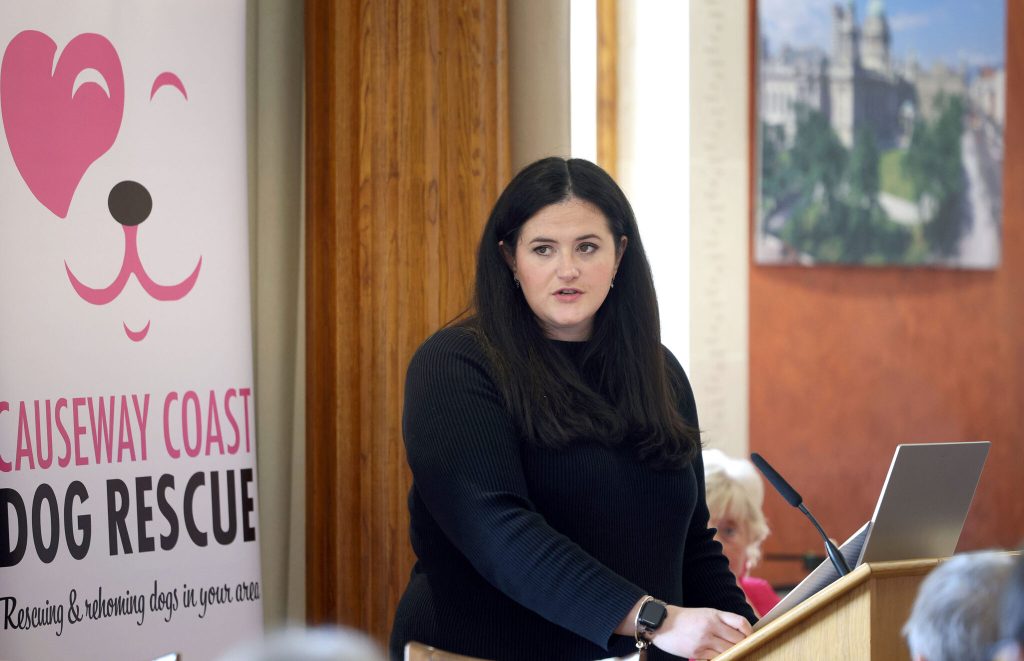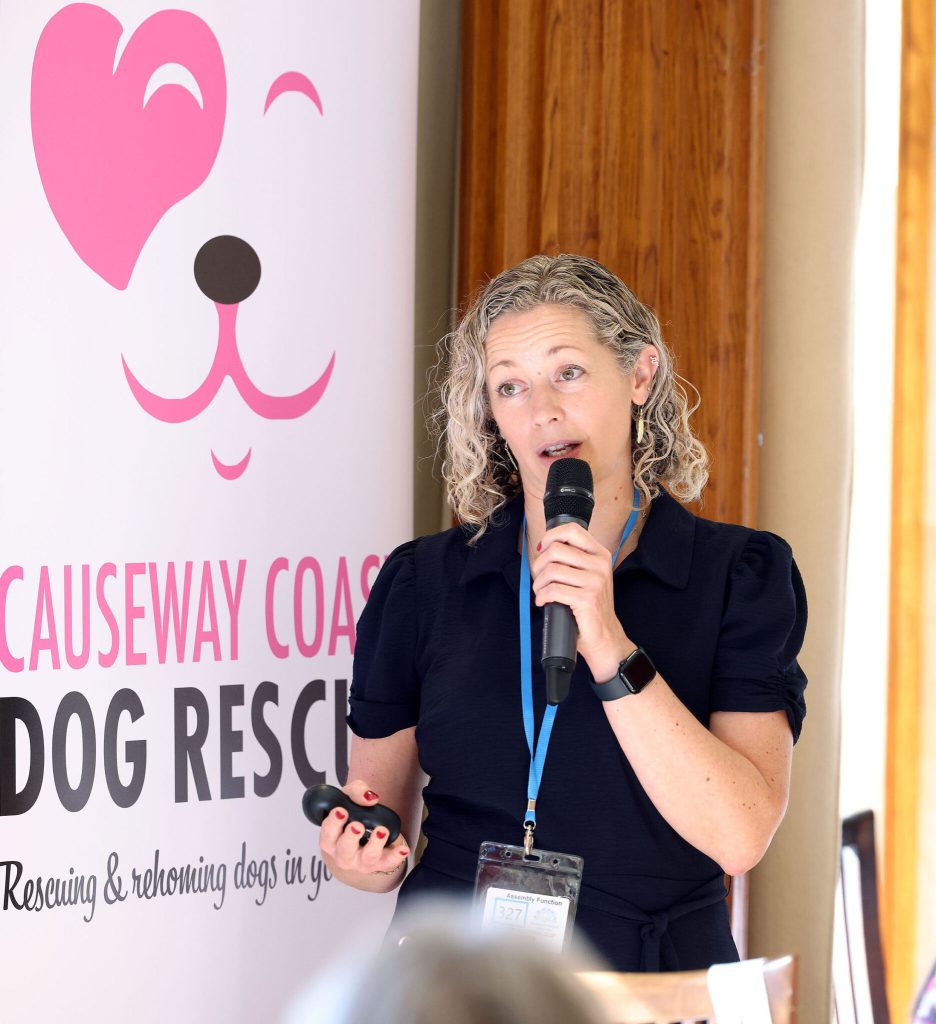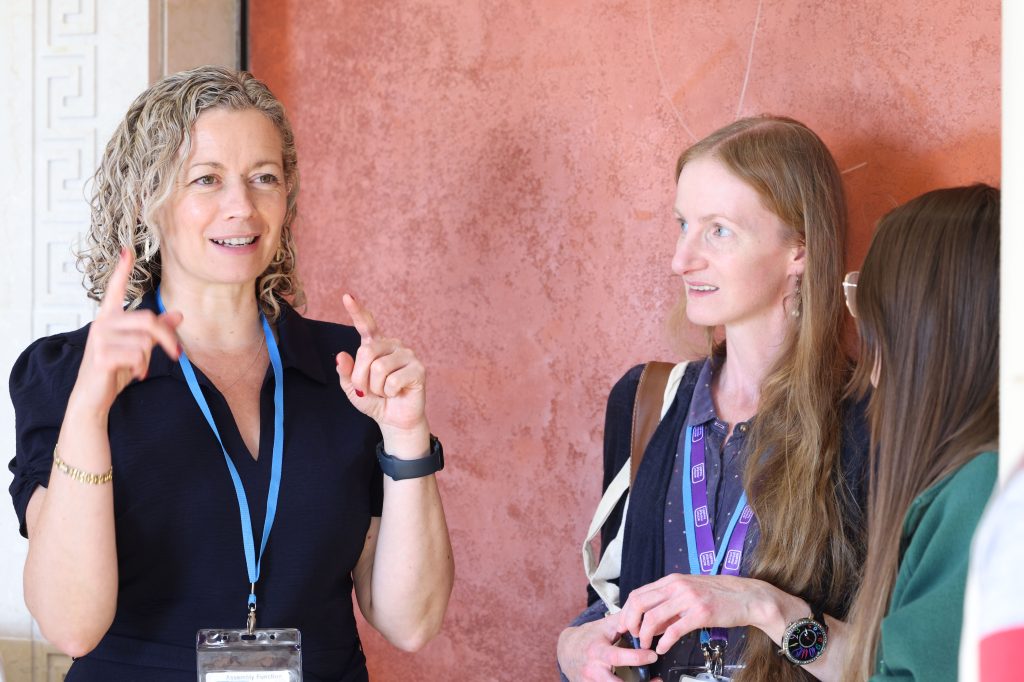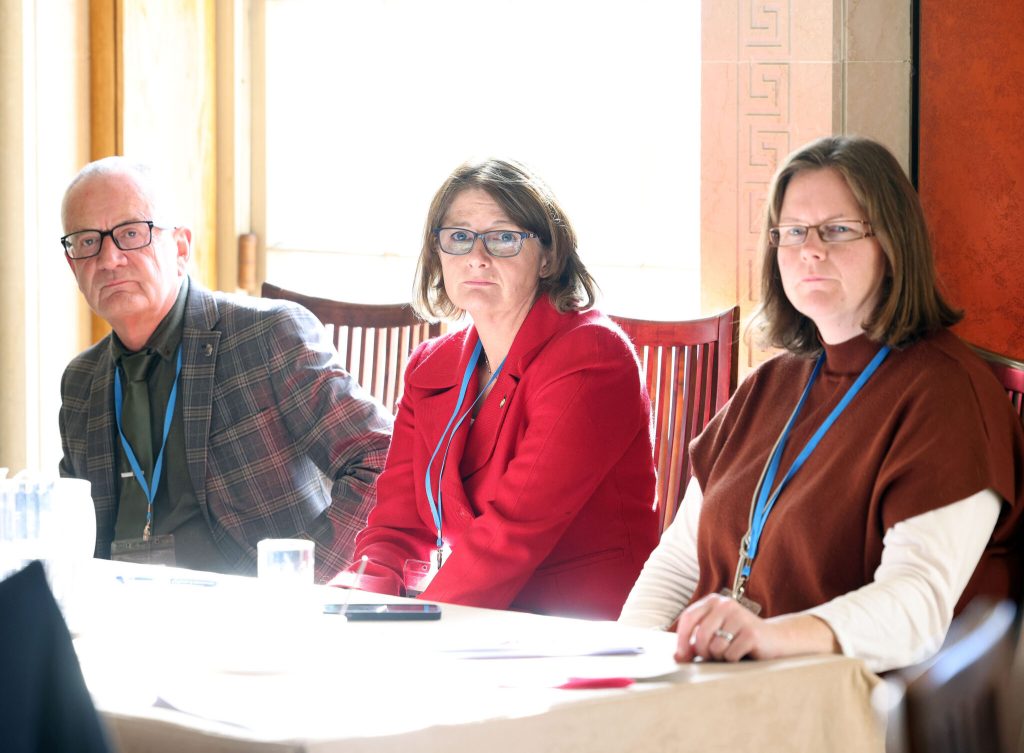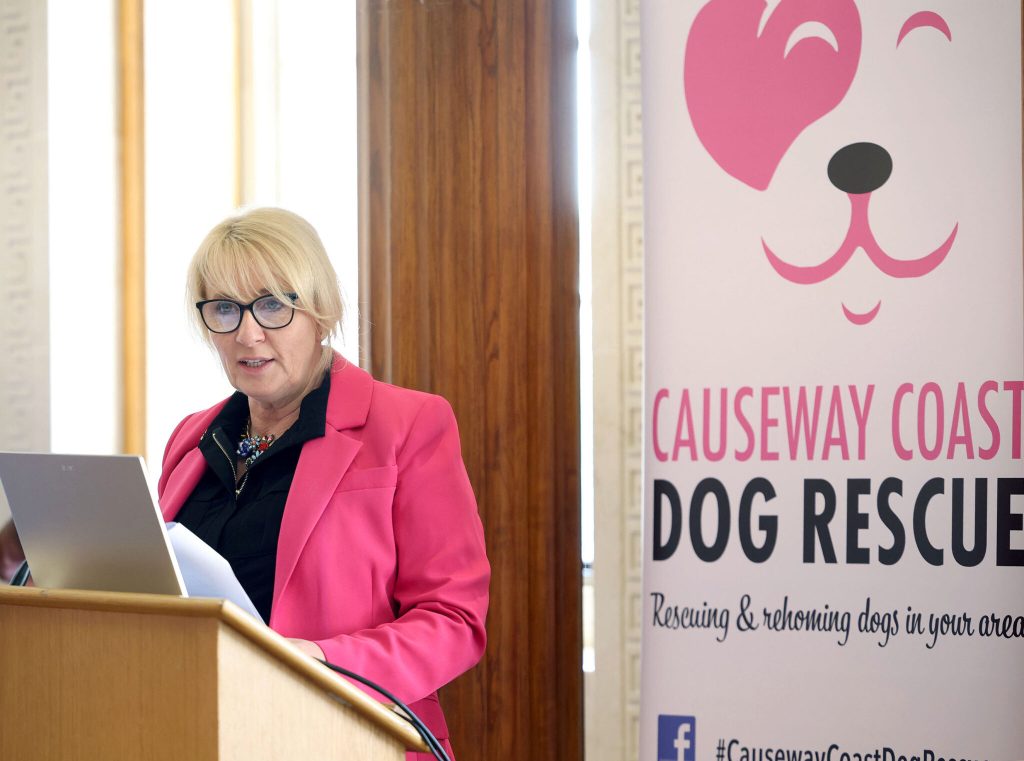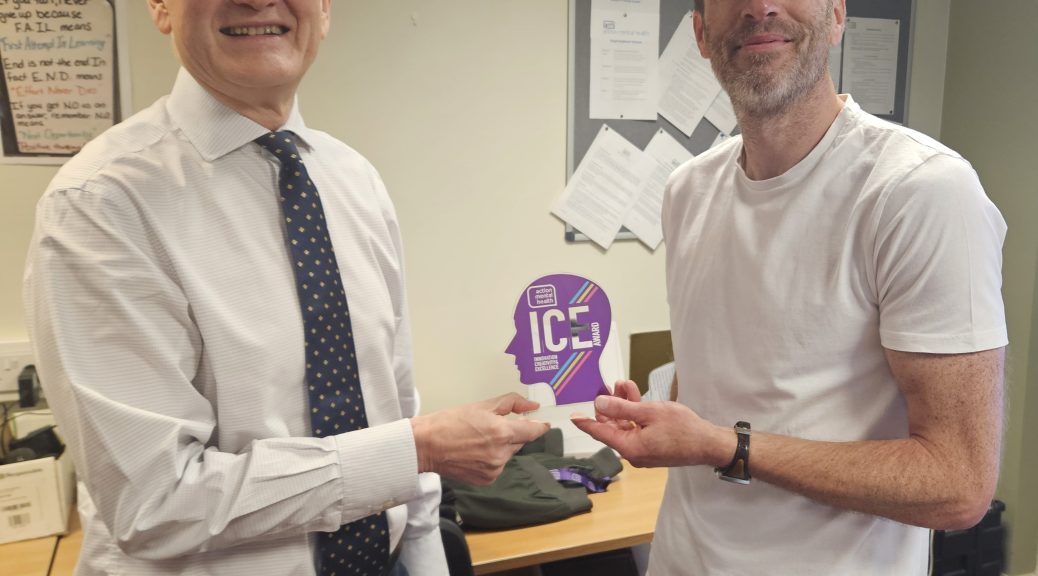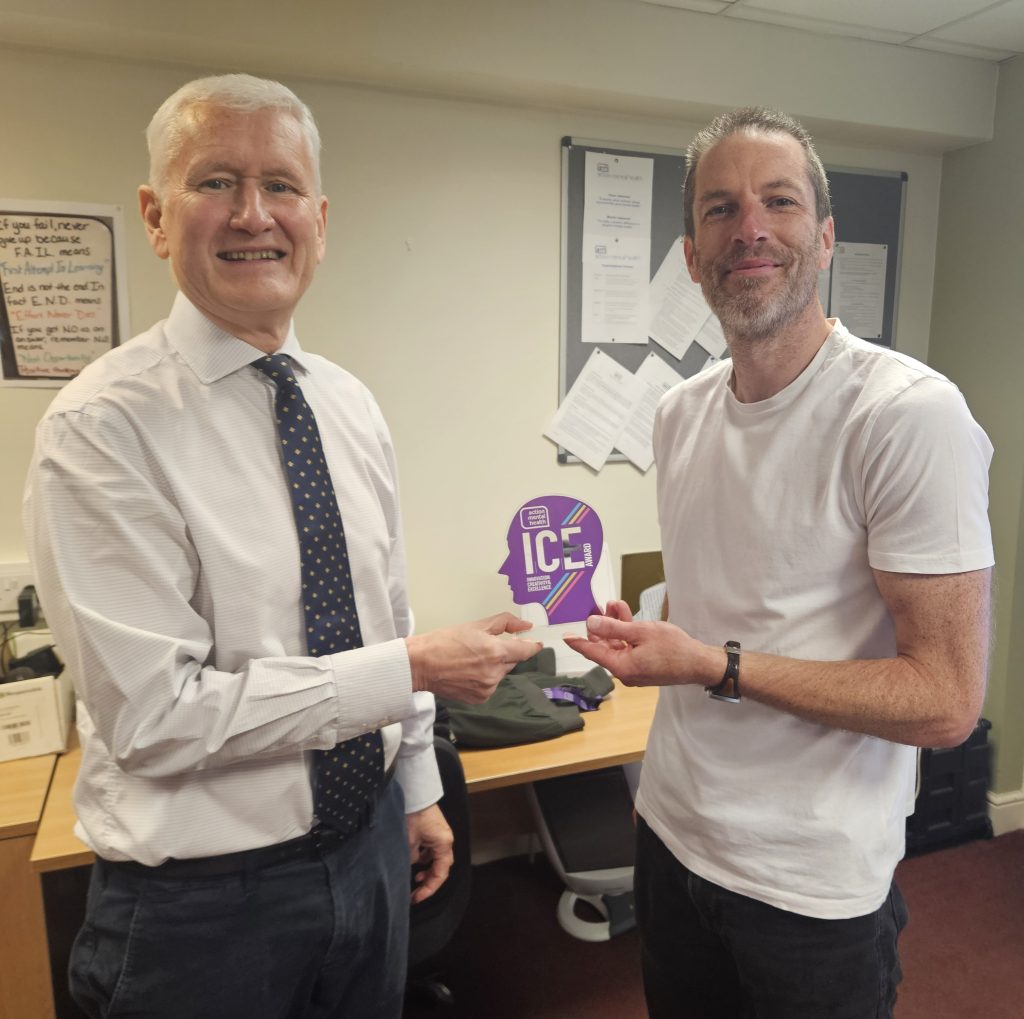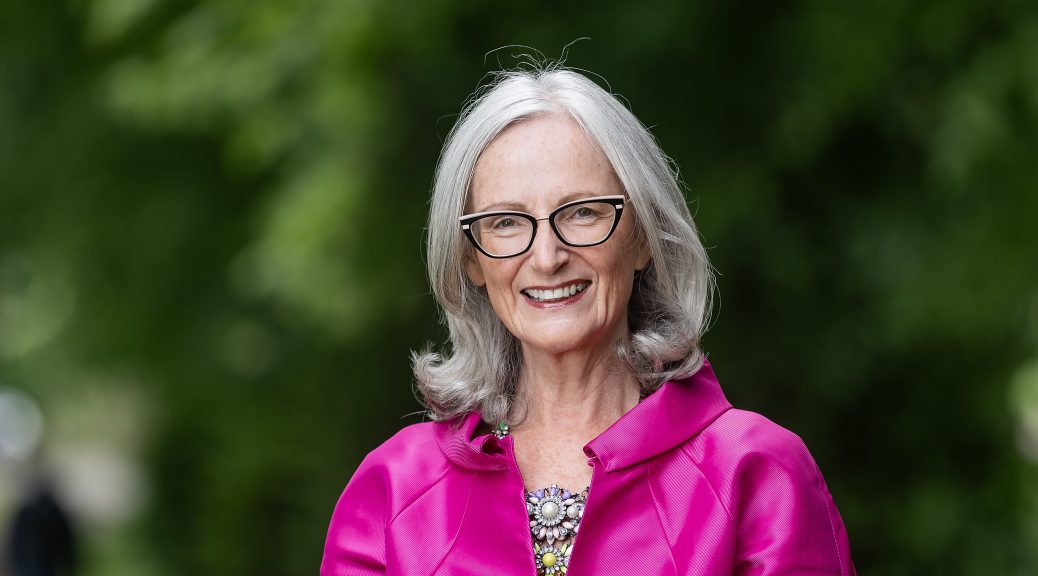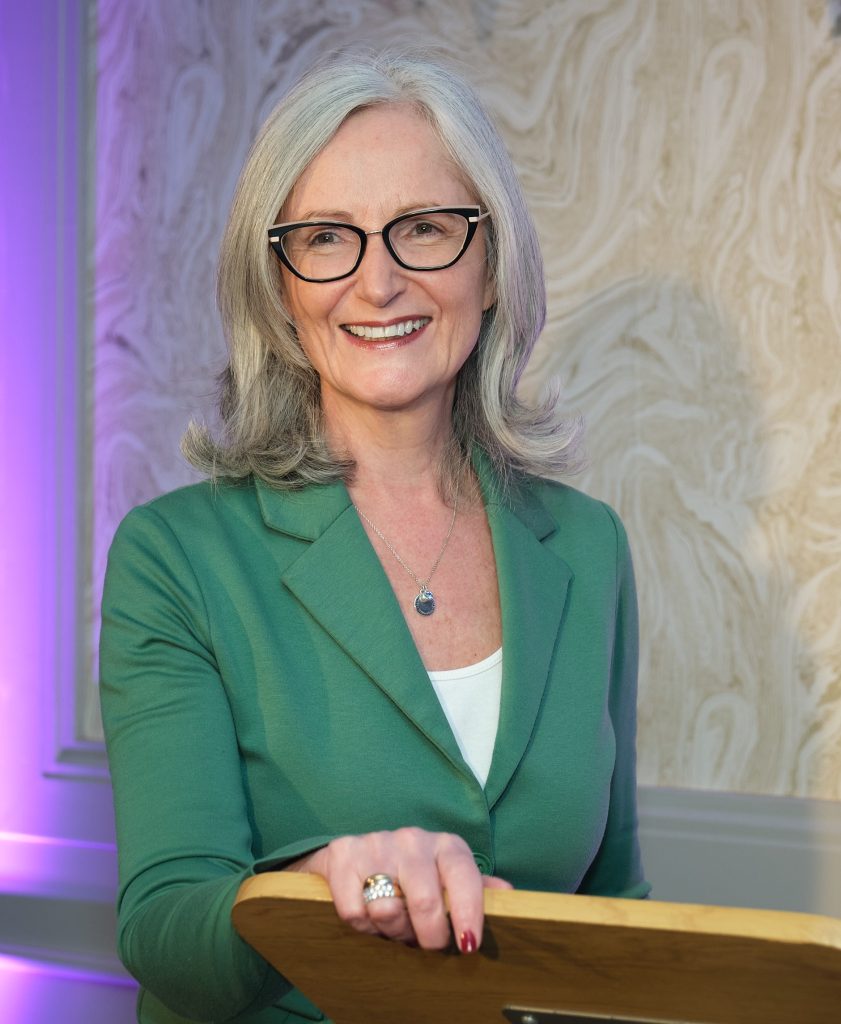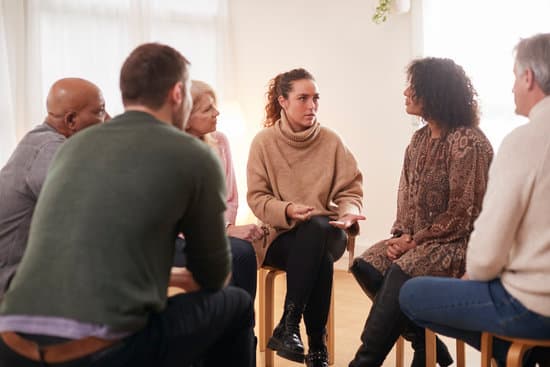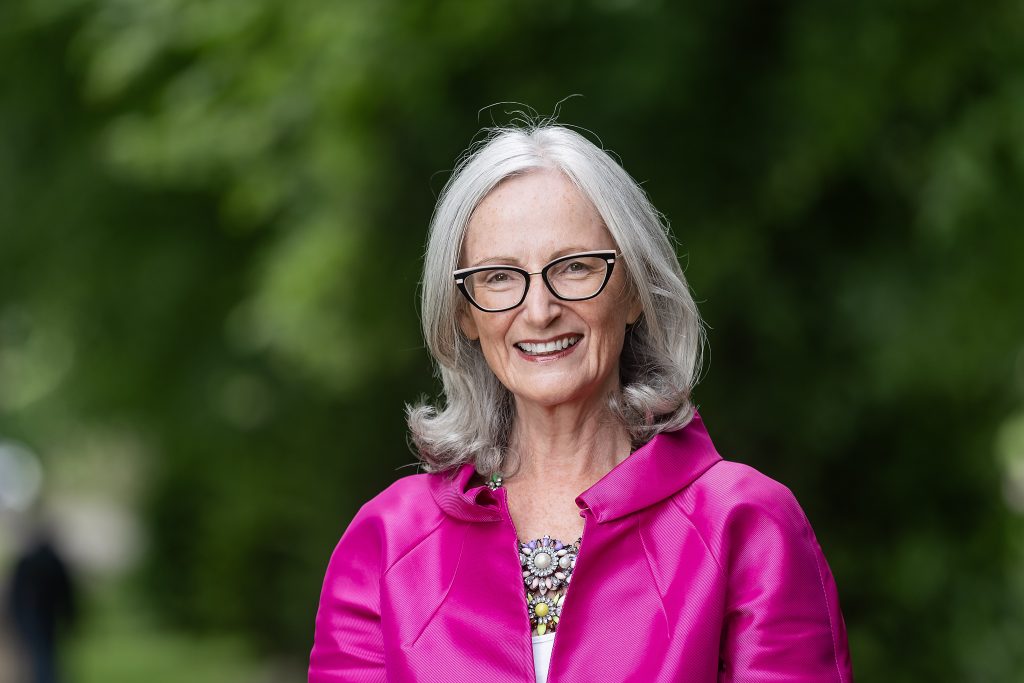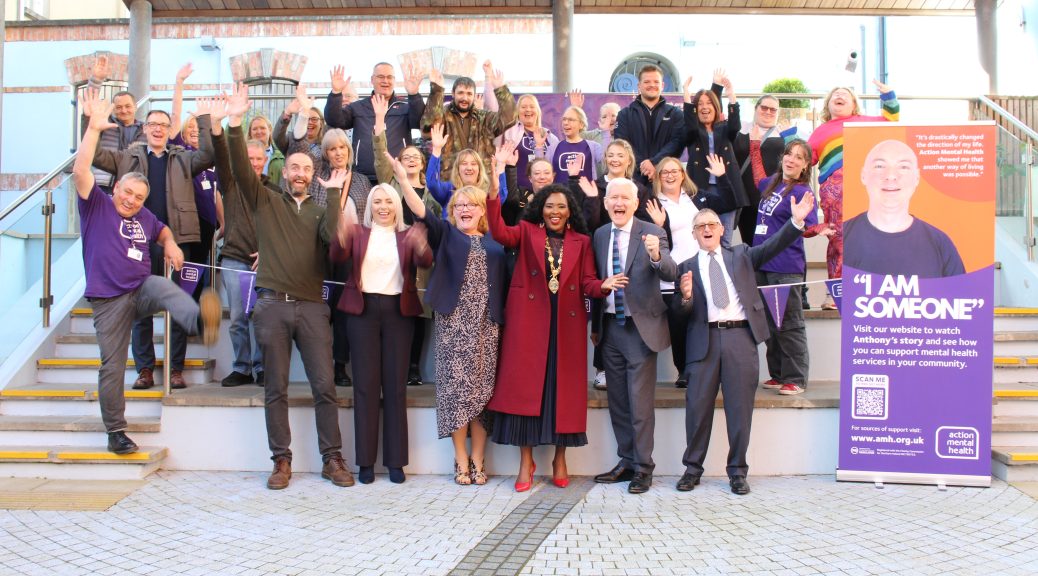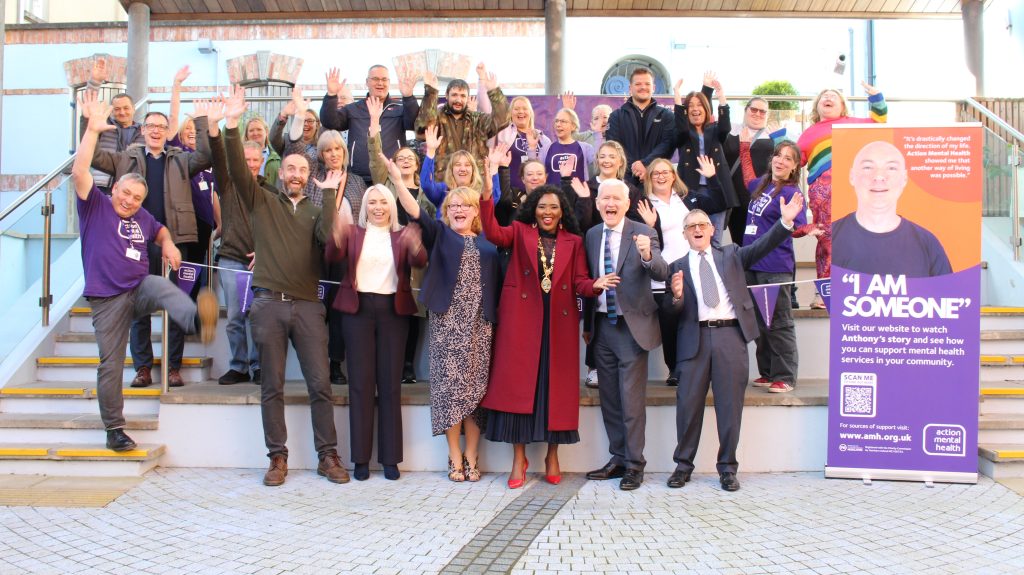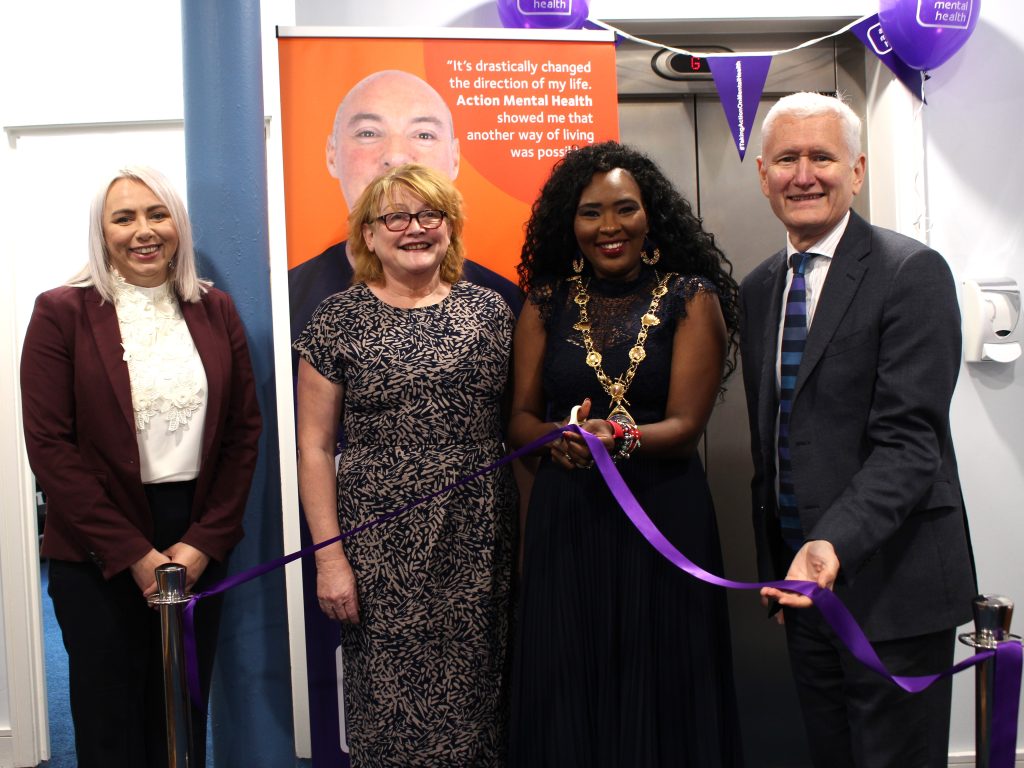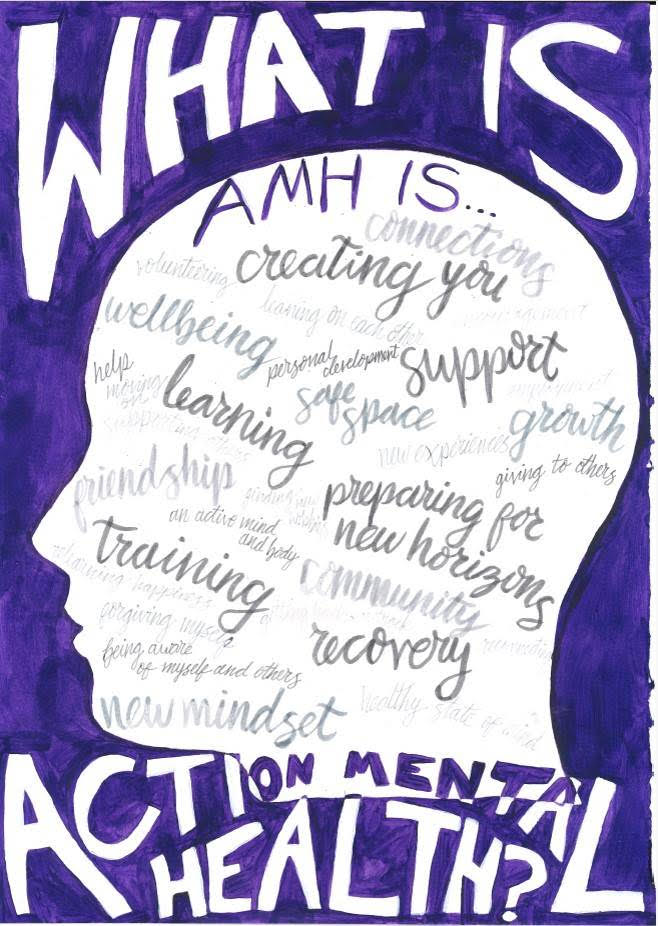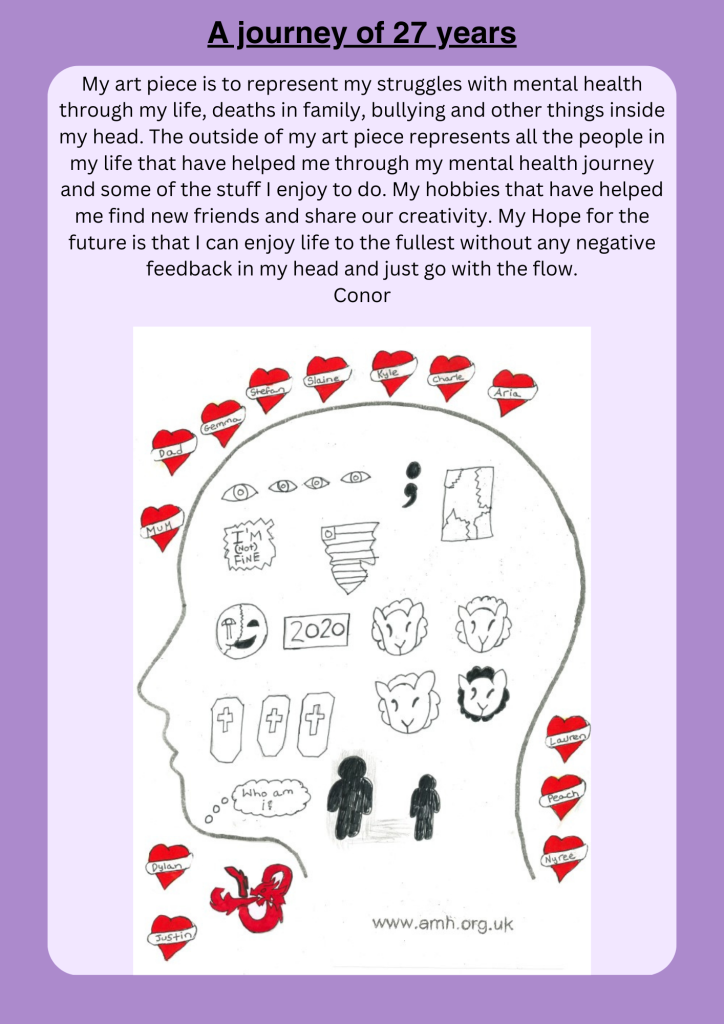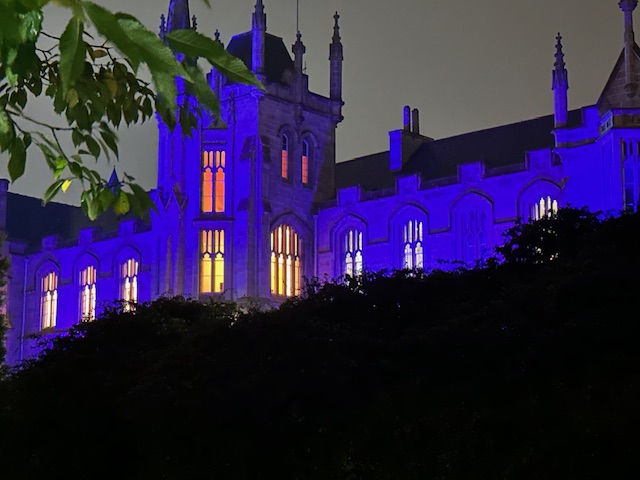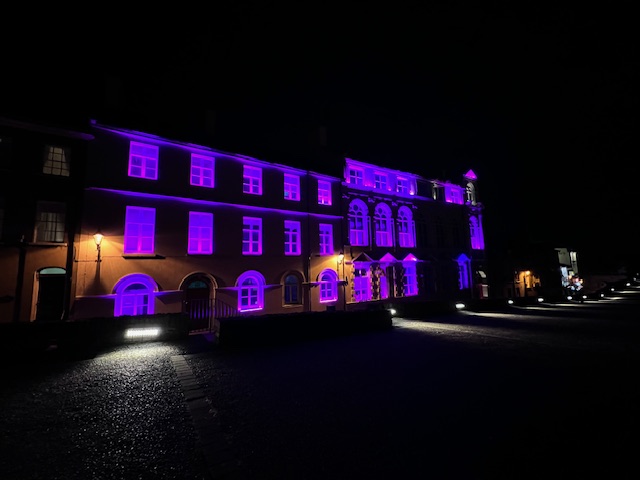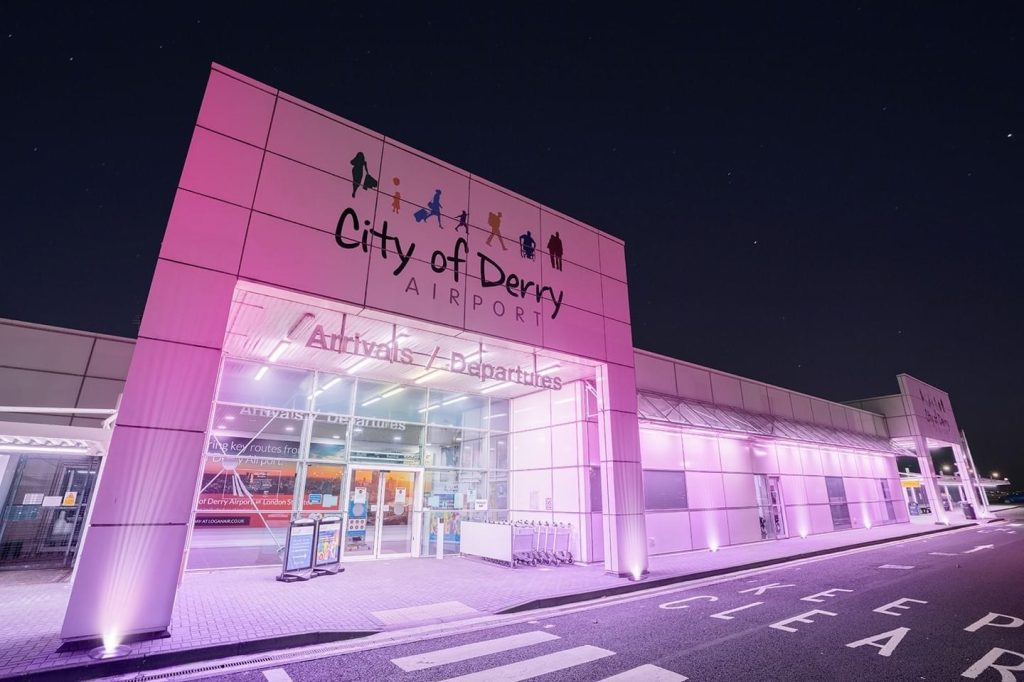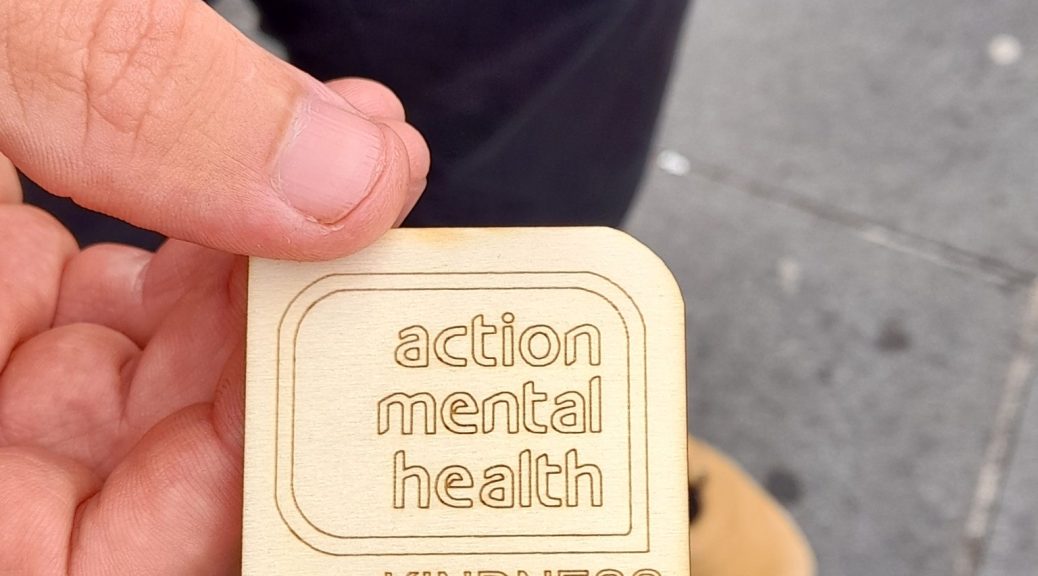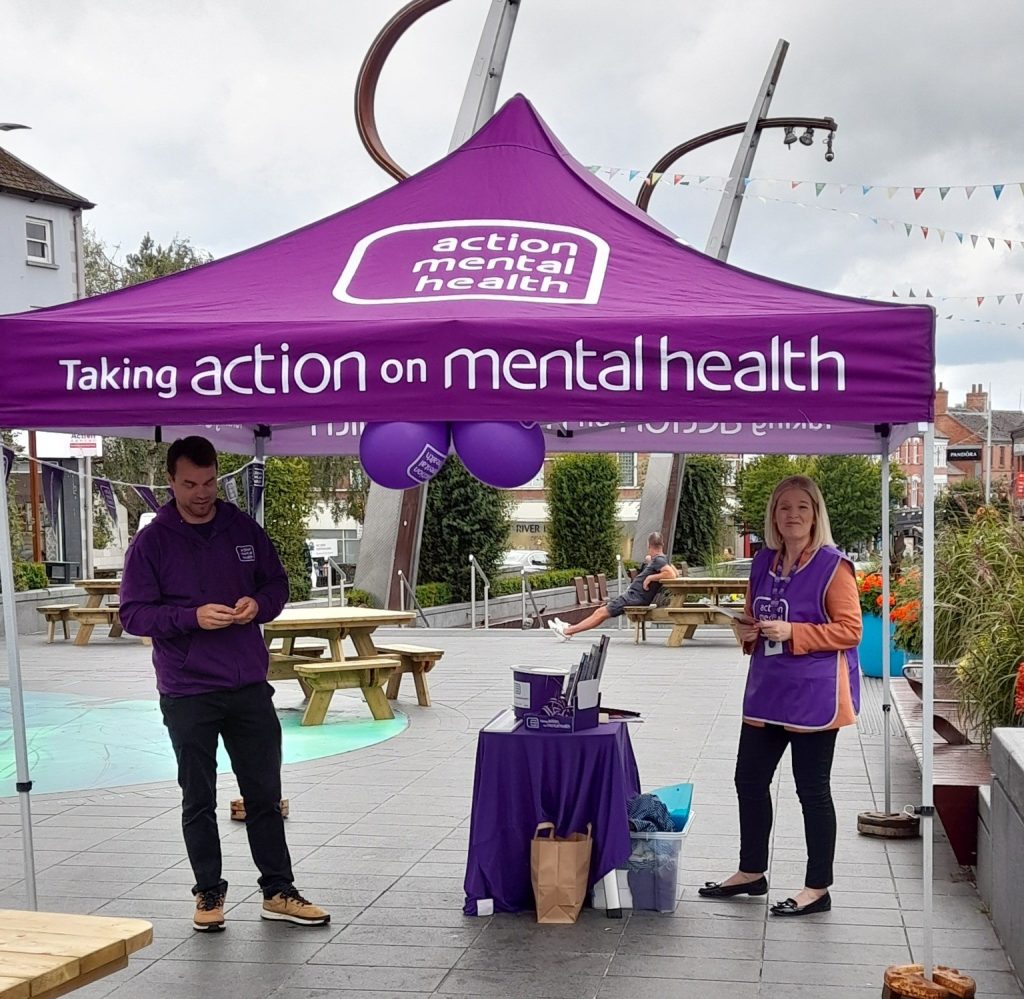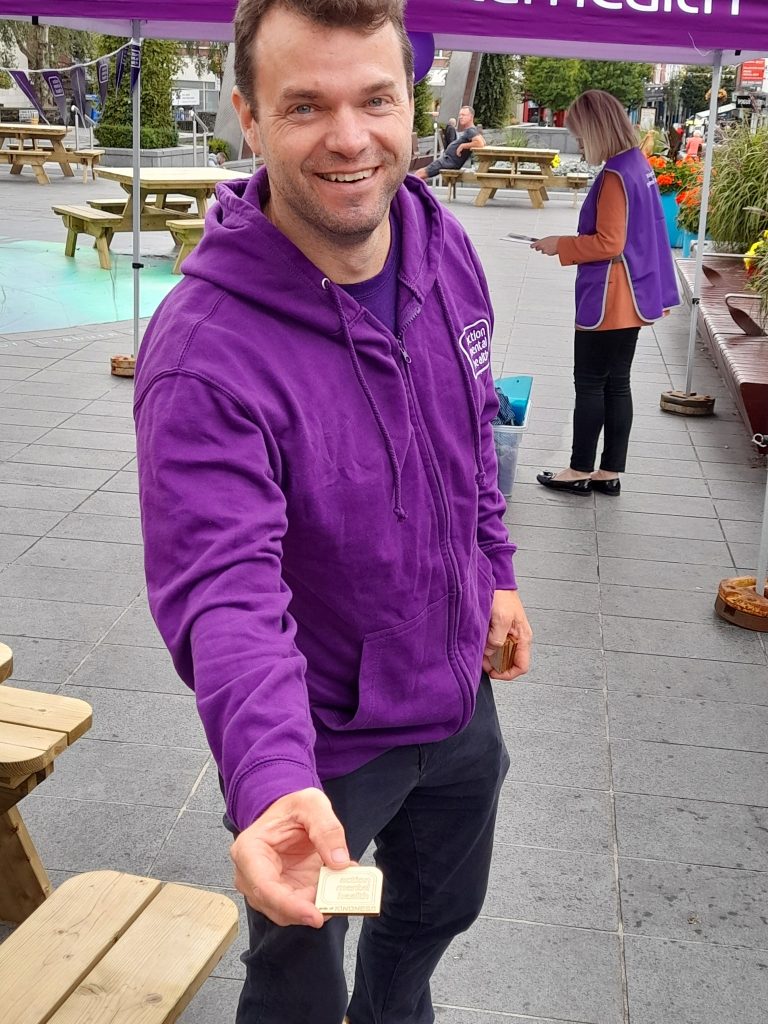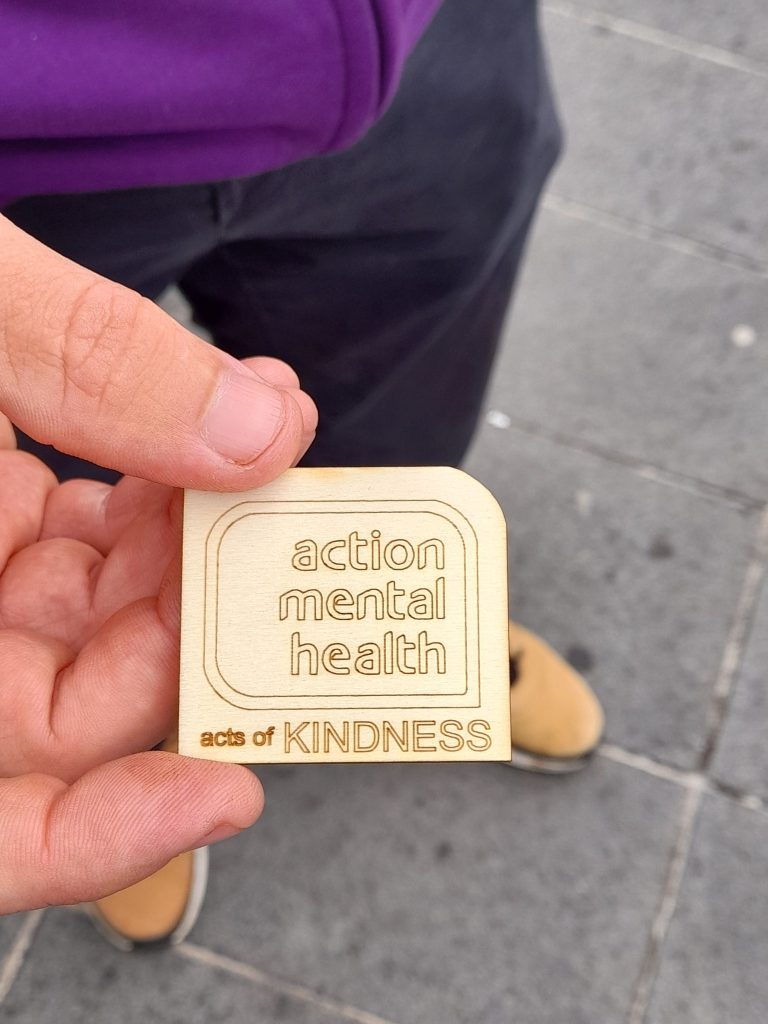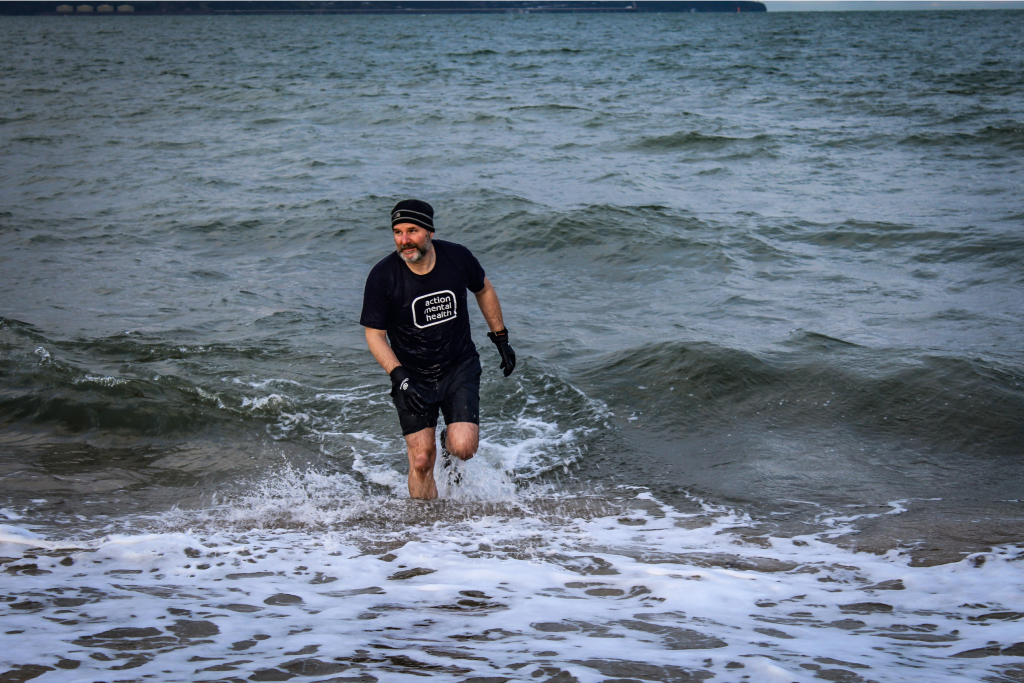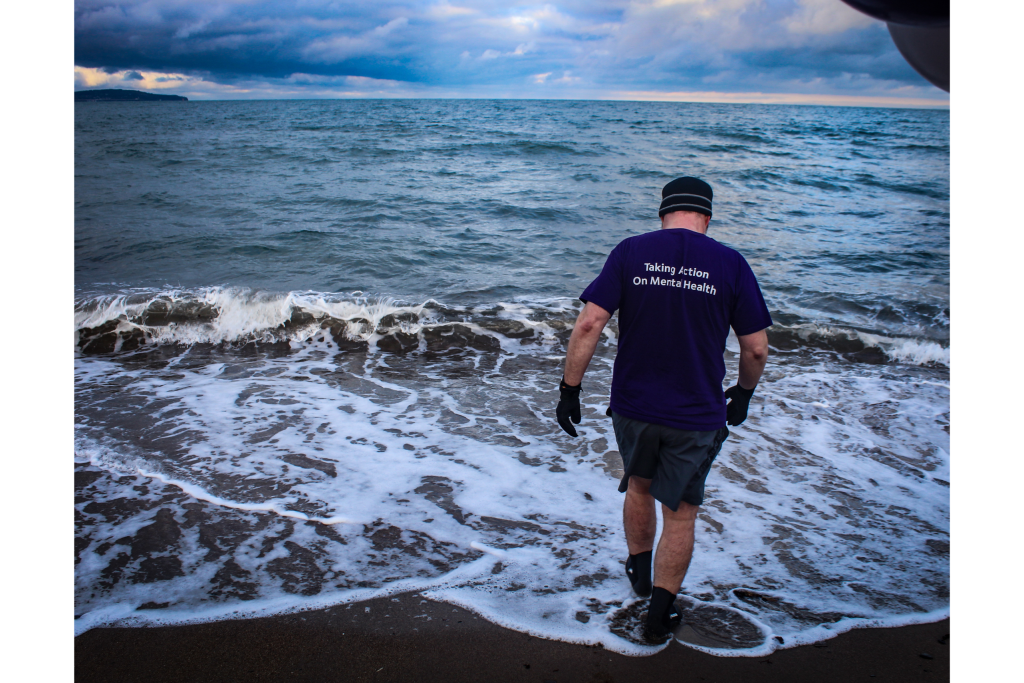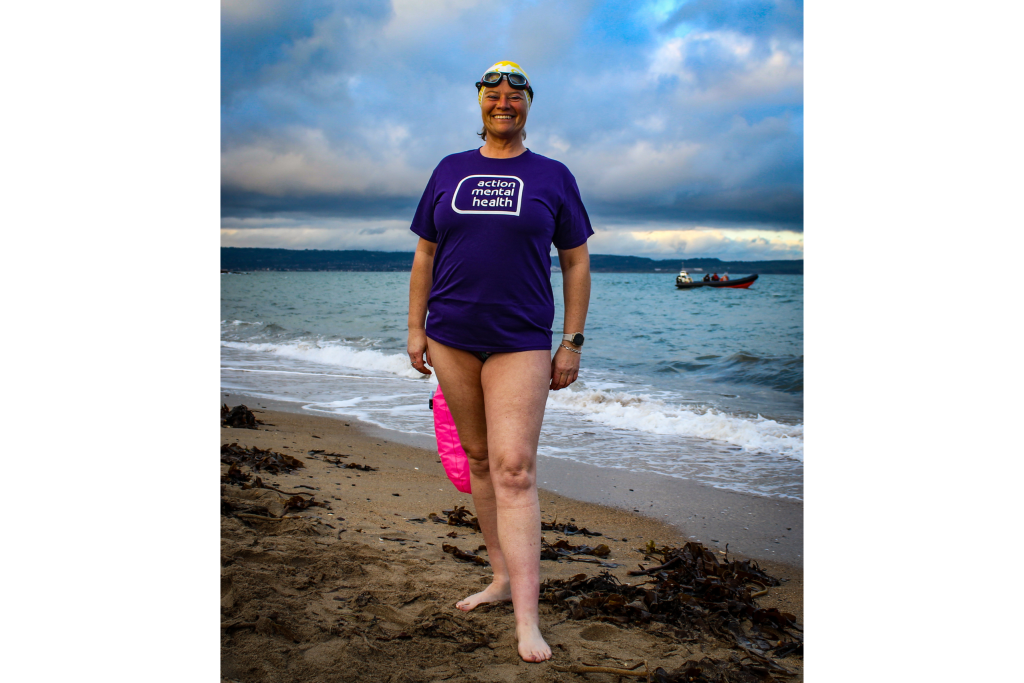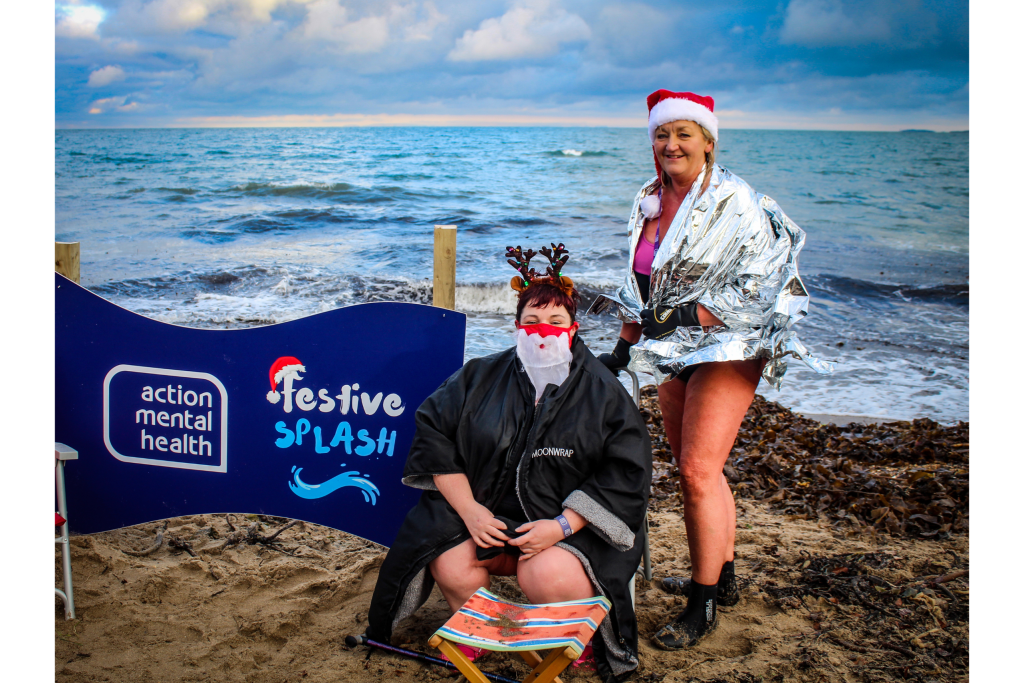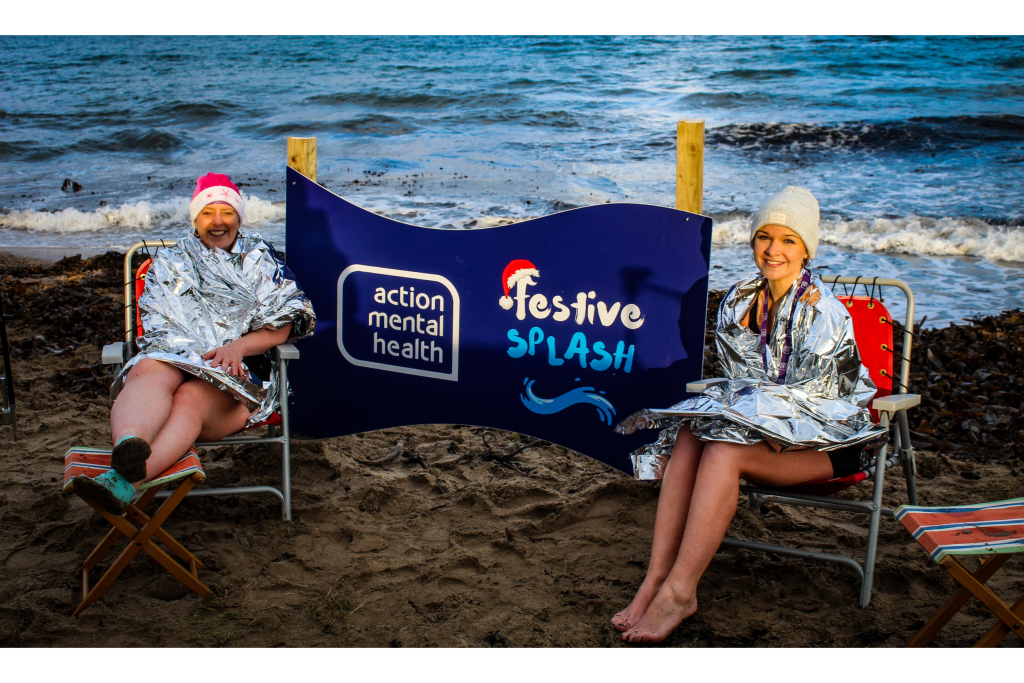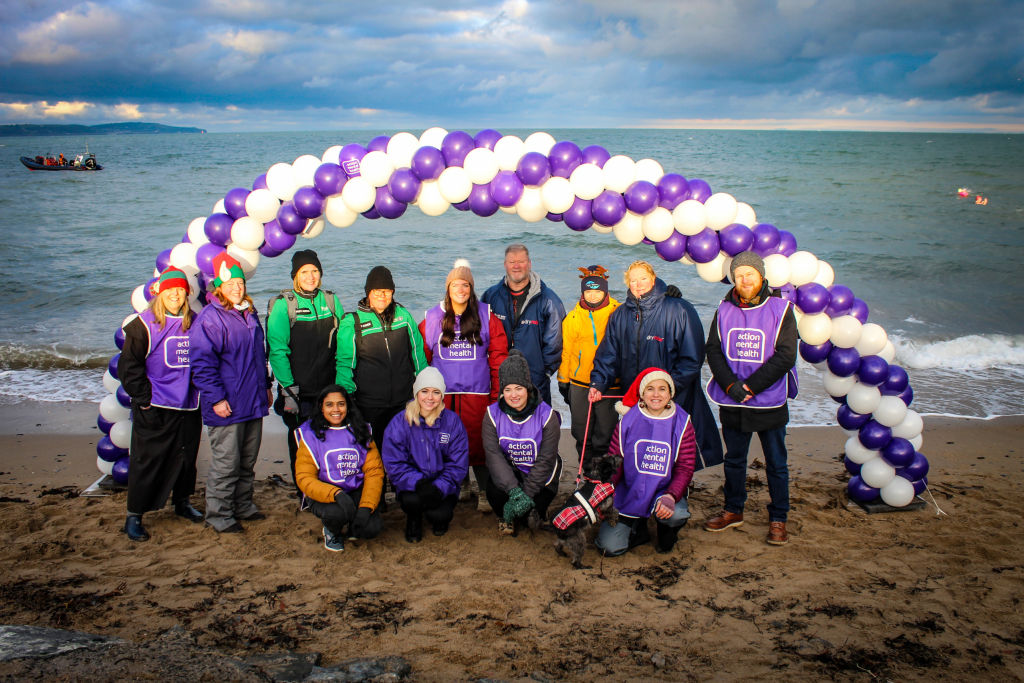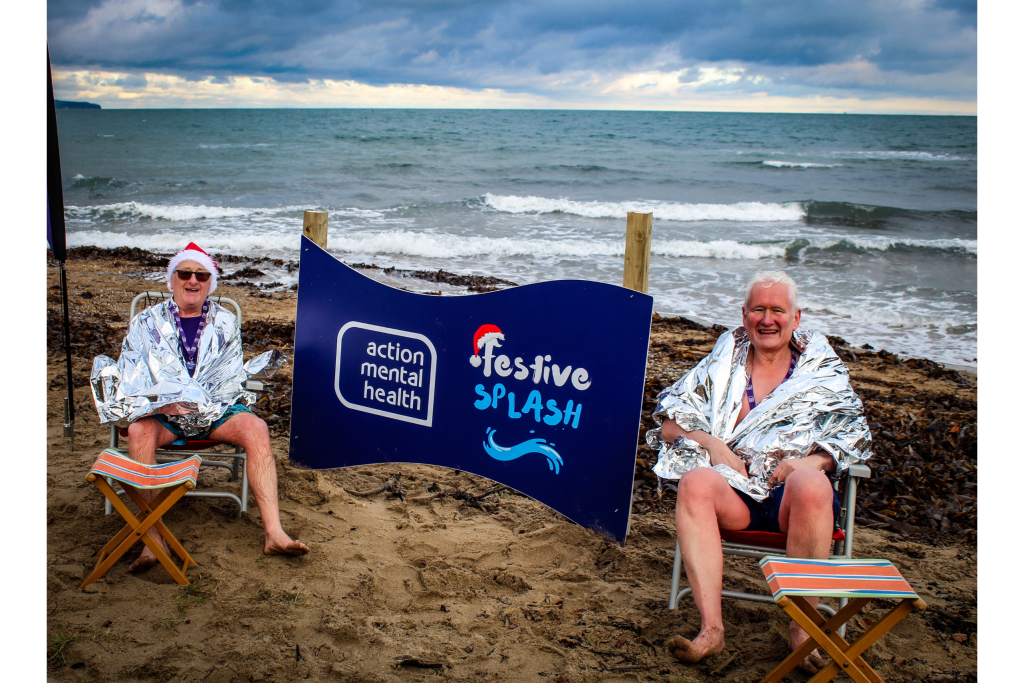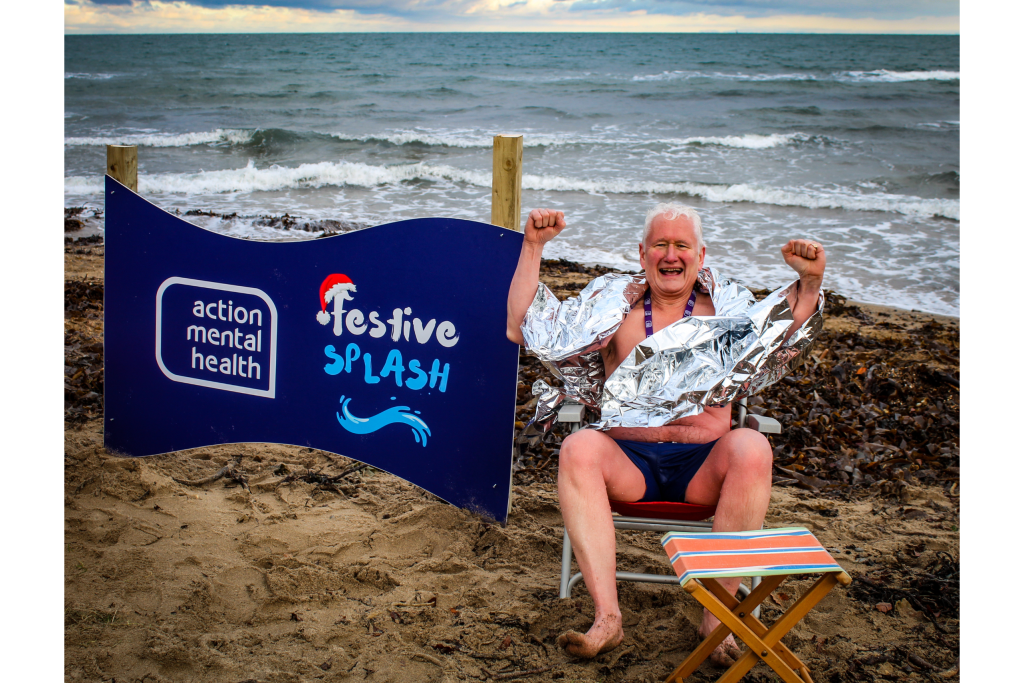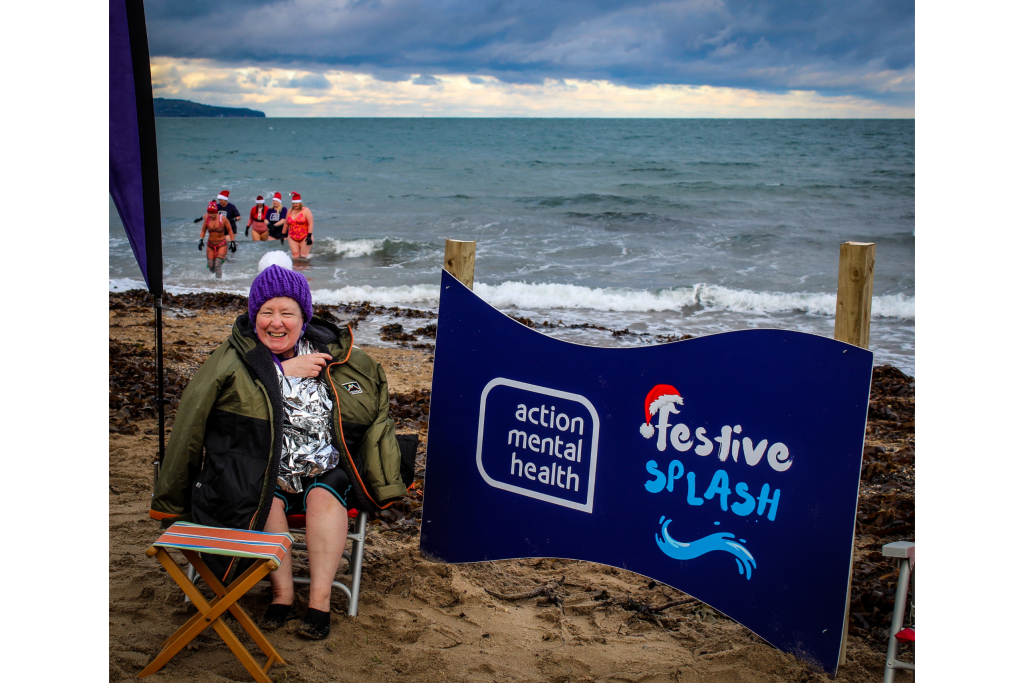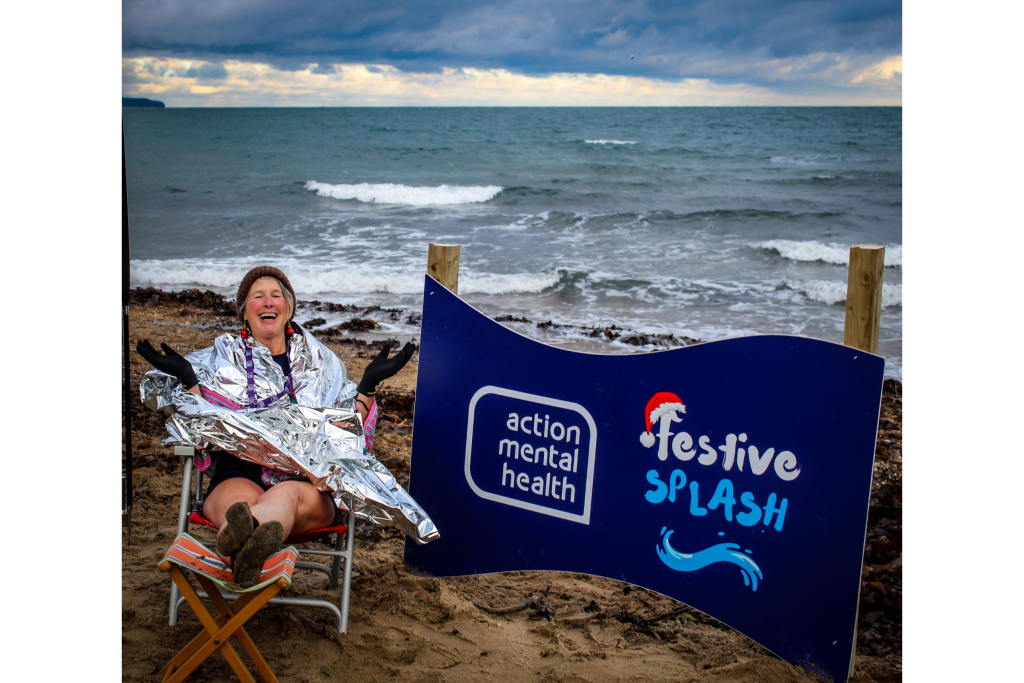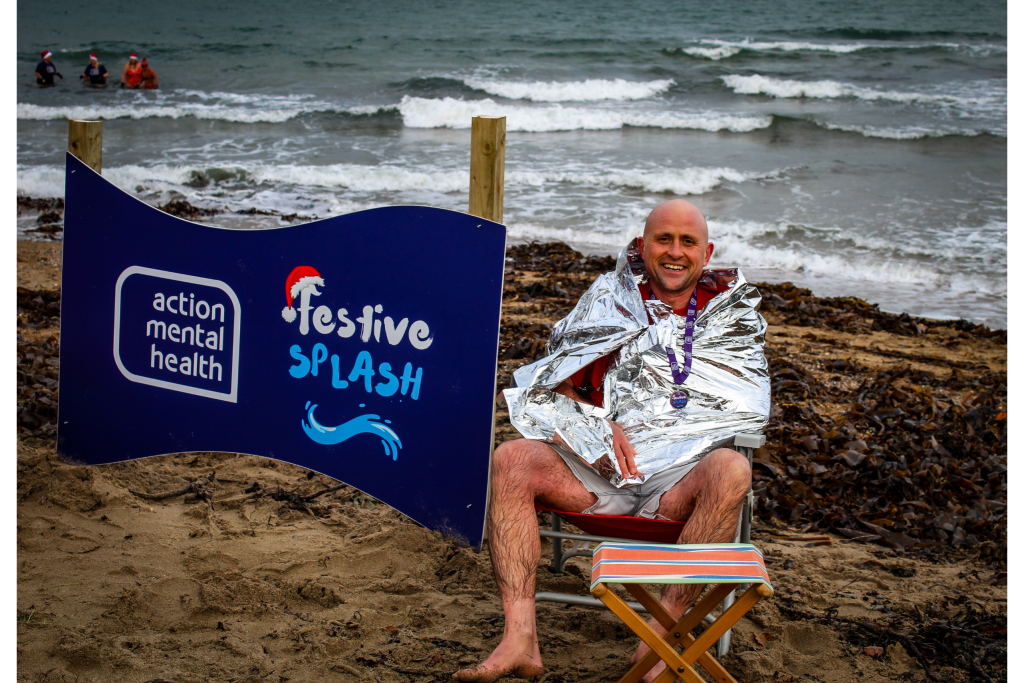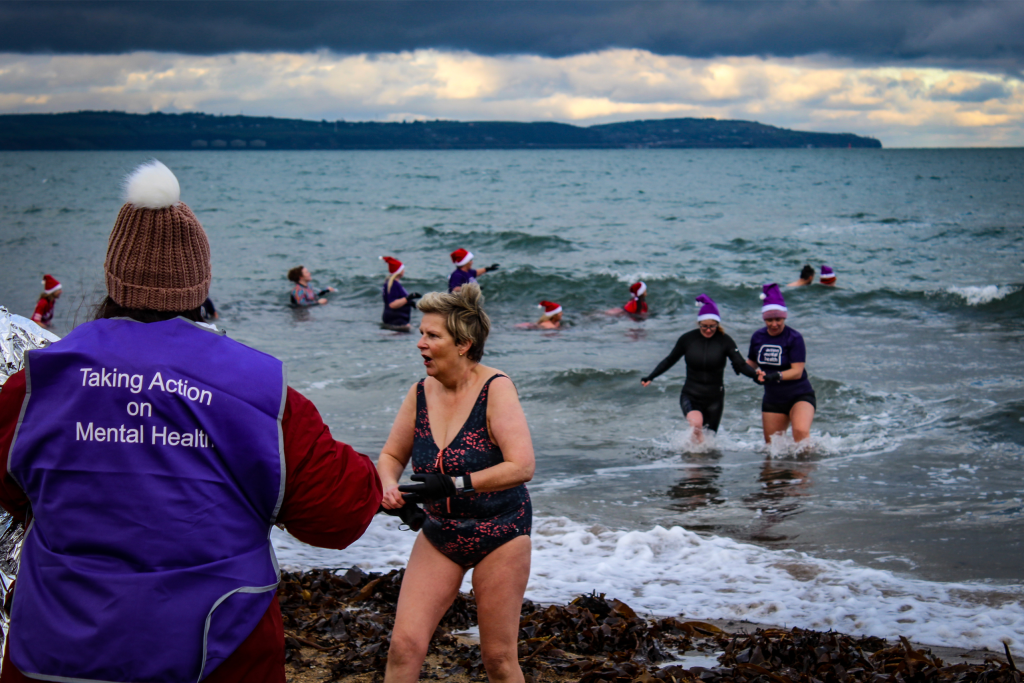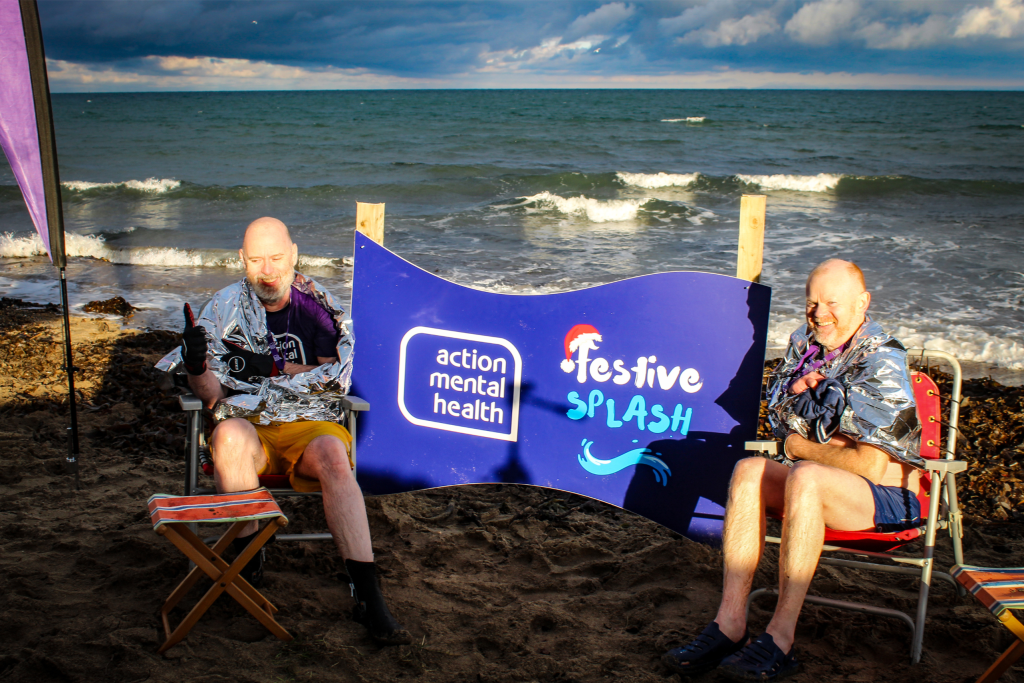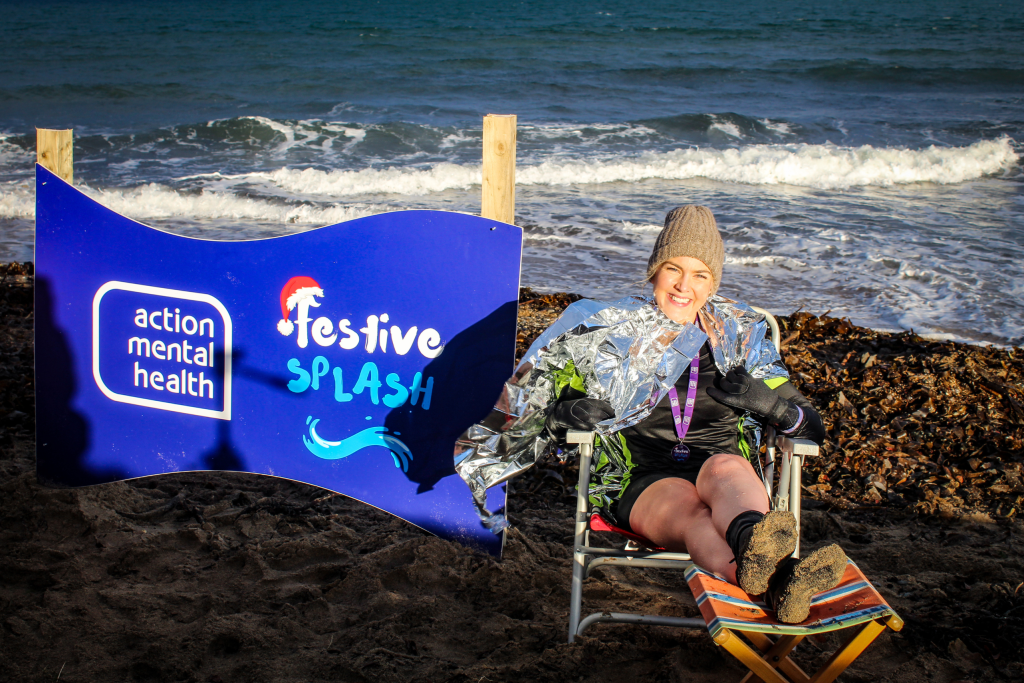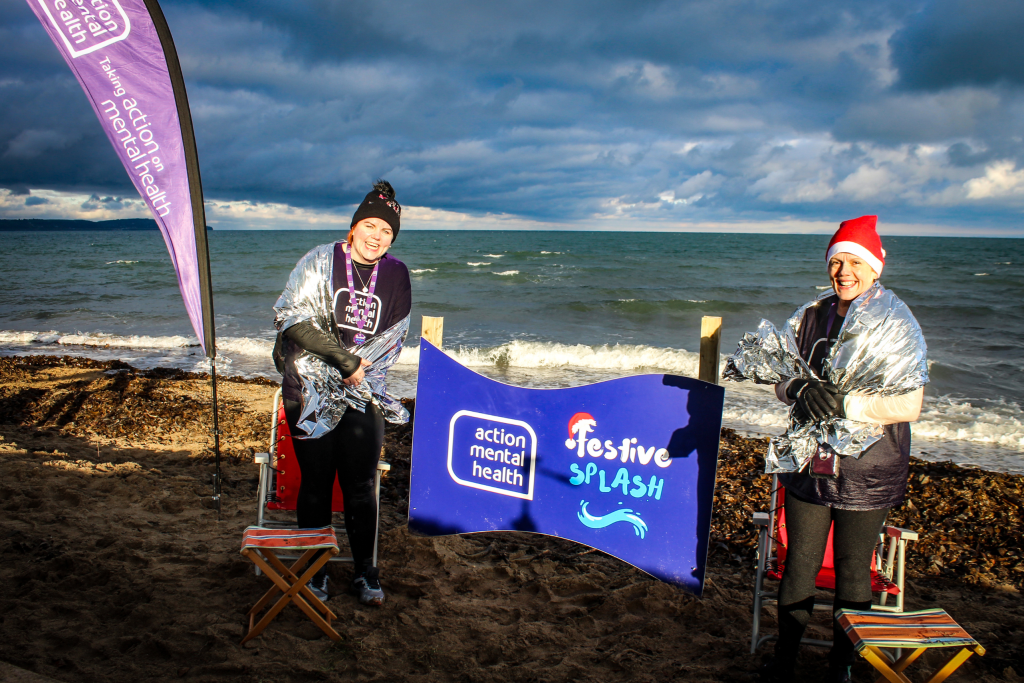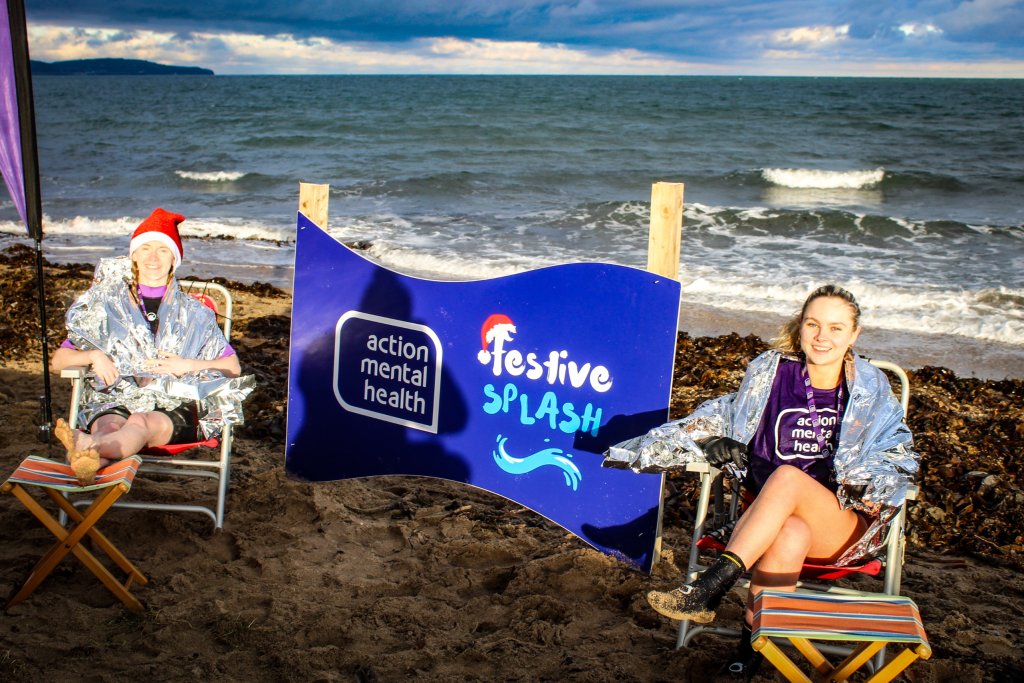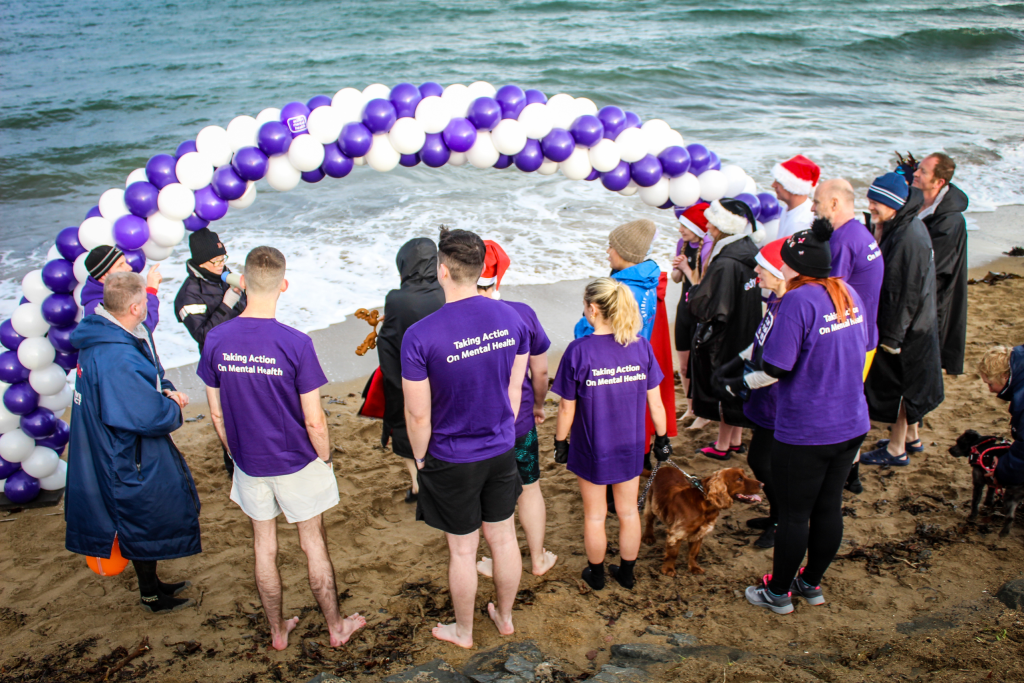With October 21-27 marking Book Week NI 2024, a joint initiative from BBC NI and Action Mental Health partner, Libraries NI, it’s a great time to get re/acquainted with your local library and curl up with a good book.
Dr Ross White, Professor of Clinical Psychology at Queen’s University, Belfast (QUB), recently published his debut book, The Tree That Bends: How a flexible mind can help you thrive. He spoke to us about why he decided to write the book and why trees are at the heart of it all…
With the rather intriguing title of The Tree That Bends, Professor White’s book is one which, at first glance, requires a second glance – something which the author said was done purposefully. Described on the cover as being ‘both a manifesto and a research-based programme for developing psychological flexibility to thrive,’ the book ultimately grew out of a desire to communicate helpful information to the public in an accessible way, said Ross. He added that people often asked him for book recommendations and that, while he had some to give, he’d realised it might be useful to write a book which allowed him to contribute his own individual perspective. As for the tree metaphor which gives the book its title, that all stemmed from a Tanzanian proverb – ‘The wind does not break the tree that bends.’
“I was in Sub-Saharan Africa and Uganda, doing work on the idioms of wellbeing and this Tanzanian proverb was mentioned to me,” he said. “I think it really inspired me in putting the book together. I was curious as to how we might map psychological flexibility onto the anatomy of the tree. I was basically coming at it from the angle of us being like trees and how we can learn a lot from trees about what it takes to thrive.
“Interestingly, the publisher wasn’t that keen on The Tree That Bends as a title. I just felt quite passionate about having the centrality of the tree there, though. And there was something about adding a little bit of intrigue as well.”
With more than 15 years’ experience as a clinical psychologist, Ross specialises in providing mental health and wellbeing support to people working in high-performance environments, alongside his lecturing responsibilities at QUB. Currently halfway through a one-year career break from QUB, however, he has spent some of that time focusing on his passion for communicating psychological information to the public in an easily digestible way, hence the publication of his book.
Indeed, with social media rife with mental health quotes and tips, he said it was important that people be discerning about where they access their information.
“I think that’s really important – to be a discerning consumer of information and to question the sources that people are basing their claims on,” he said. “I think we as a profession (psychologists) have a responsibility for helping to educate the public around that. To help people understand what’s credible.”
Split into three sections, The Tree That Bends was written, said Ross, to empower the “smarter, more flexible versions” of who we are. “It’s about breaking through without breaking you – taking care of yourself so you can continue to take care of business,” he added.
Indeed, the book explores how to find that balance between doing what matters to you while also stepping back when needed to allow yourself time to reset and rest. Using the terms ‘Get,’ ‘Threat’ and ‘Reset’ to describe three distinct motivational modes or systems in our lives, Ross writes about how having a flexible mind can help us navigate these better and therefore look after ourselves.
‘Get mode’ refers to our more industrious go-getter approach to life (striving), while ‘Threat mode’ (surviving) relates to the various threats we may face along the way. If our ‘Get’ and ‘Threat’ modes are left to operate unchecked, the risk of experiencing burnout increases. ‘Reset mode,’ meanwhile, refers to how we go about reviving ourselves – taking short-term ‘momentary moves’ to help with this, such as practicing gratitude, mindfulness and self-compassion or initiating ‘bold moves’ which require more conscious planning and help us in the longer-term e.g. embarking on a period of travel or considering a change of career.
“The way that modern society operates, it’s almost drawing us away from Reset Mode,” said Ross. “It’s all about ‘do more to be more.’ I think it’s important for us to have all those opportunities for reset, however, even if at times they feel counterproductive.
“A key point for me is the need to be passionate and clear about what matters to you in life. By all means, invest time and energy into realising that. But just like trees, we need periods of dormancy to rest and reset.
“Particularly in the third section of the book, the tree is described across the seasons. Trees have their own ‘Get’ mode, when they are full of industry and growth in spring and summer. They need to endure throughout the year, bracing themselves against storms and protecting themselves from potential infestations from bugs that could kill them – that’s their ‘Threat mode.’ And, finally, trees have their ‘Reset mode’ in autumn/winter – they need that period of dormancy so they can revive again.
“Just like trees, ‘Get,’ ‘Threat’ and ‘Reset’ modes are key points in all our lives.”
Handling burnout at work
With this year’s theme for World Mental Health Day centred on prioritising mental health in the workplace to avoid burnout, The Tree That Bends also addresses this particular topic.
Although not defined as a mental illness, burnout is a very real threat to employees and reflects, said Ross, “the very significant effect that working environments and cultures can have in creating it.” With the classic signs of burnout being reduced energy and increased cynicism regarding the organisation, along with a reduction in the level of effectiveness in the workplace, he added that to effect positive change in this area, it had to be addressed from both sides.
“I highlight in the book that the research evidence suggests that psychological interventions aimed at individuals aren’t sufficient to bring about a shift in the dial in burnout levels ordinarily, because you need to be also working with the culture,” he said. “You need organisational change. When you think about burnout, that’s when our ‘Get’ and ‘Threat’ modes can be very highly active. The ‘Reset mode’ isn’t getting sufficient opportunity to be accessed.”
Working with people in the sports world, Ross said that he also provided psychological support to the staff responsible for various athletes, such as medical professionals and coaches. “Often, in the cut and thrust of sport, they don’t feature enough in the conversations,” he said.
Within the book, meanwhile, Ross also shares parts of his own story – including the fact that he’s presently living out his own ‘Reset’ period, being partway through his career break. Indeed, another point that he said was important to highlight was the idea of adopting a “strong intention, light attachment” approach to life, something he was conscious of doing himself.
“We can be strong in our attitude to realising our sense of purpose but I think we also have to be lighter regarding the notion that there’s a single way of doing that,” he said. “I think we need to take this broader frame of reference, to know that there are other ways and opportunities to realise our sense of purpose. Have your aspirations and carry yourself lightly and kindly in pursuit of them. “No defeat is ever final. When you think about failures – perhaps failures are feedback. There’s a quote from Nelson Mandela that I like as well – ‘I never lose. I either win or I learn.’”
To receive monthly insights and tips from Professor Ross White, check out 5 to Thrive, which is a five-minute read with five tips to help you thrive.




